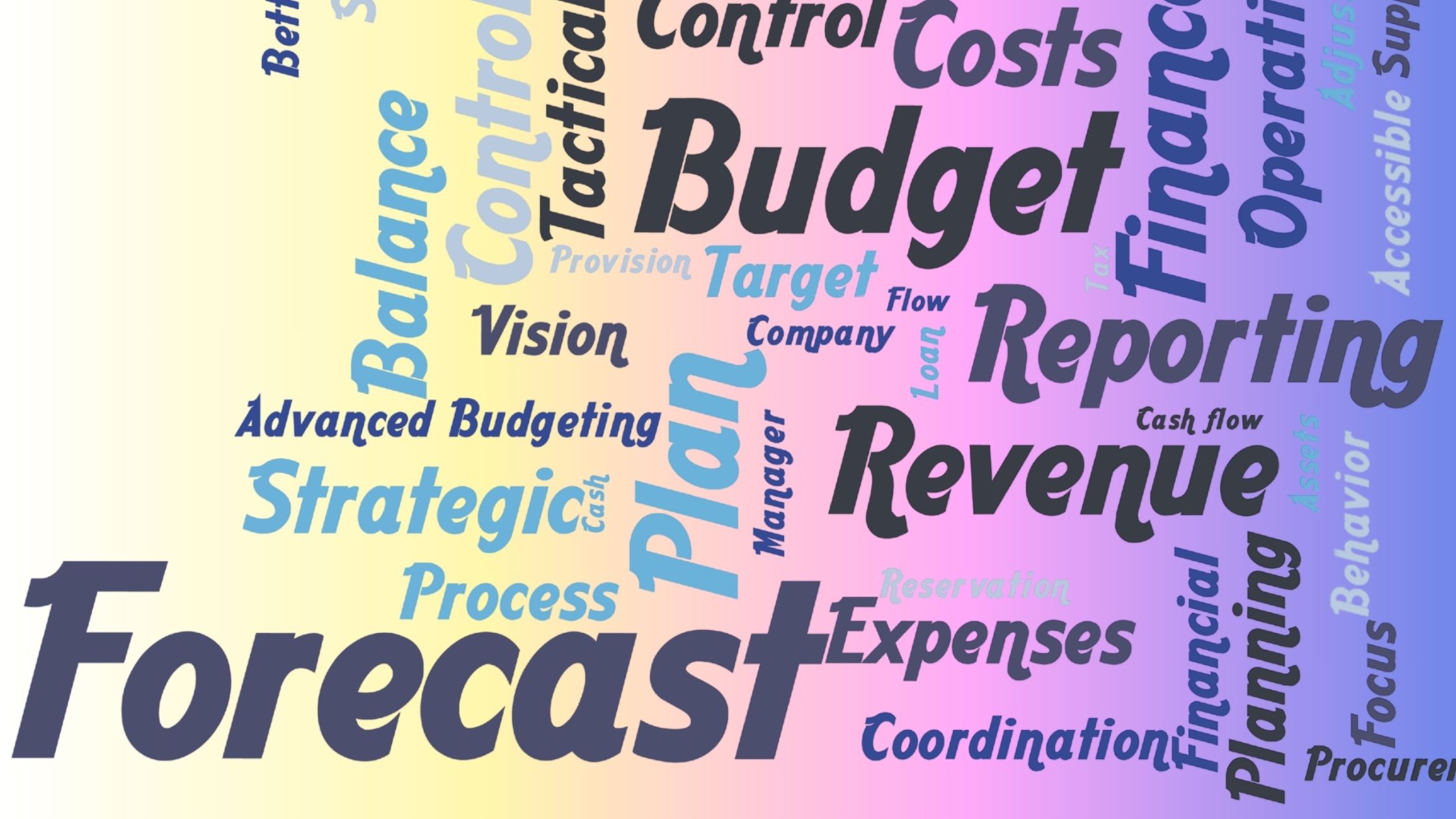Running a successful business is as much about looking ahead as it is about managing the present. While effective bookkeeping and precise accounts reveal where your business stands today, financial forecasting illuminates where it is headed and how to navigate the journey safely.
At Chorus Accounting, we believe that forecasting is one of the most valuable tools a business can leverage to plan effectively, prepare for uncertainty, and position itself for growth. Whether you are an established firm or an emerging SME, the ability to predict change can mean the difference between reacting under pressure and leading with confidence.
What Is Financial Forecasting?
Financial forecasting involves projecting future income, costs, and cash flow based on a combination of current data, realistic assumptions, and strategic objectives. It helps you predict your business’s financial future and prepare for what lies ahead.
A typical forecast uses your recent performance gathered from management accounts, VAT returns, and sales data to model future results. It can be updated monthly or quarterly to reflect new circumstances, such as price changes, new contracts, or evolving market conditions.
Forecasting is not mere guesswork; it is a disciplined process that relies on the same accounting principles that underpin your statutory reporting, with a focus on what’s ahead.
Why Forecasting Matters
1. Improved Cash Flow Control
Cash flow is still one of the most significant challenges for small and medium-sized enterprises (SMEs) in the UK. A robust forecast helps you find potential shortfalls well in advance. For instance, if your projections show a cash dip in three months due to seasonal demand or upcoming VAT payments, you have time to act, whether that means adjusting credit terms, arranging temporary finance, or managing costs more closely.
In today’s high-inflation environment, this level of foresight is invaluable. Merely checking your bank balance is no longer sufficient; you need a structured view of when money will move in and out of the business.
2. Better Decision-Making
Every strategic decision, from hiring staff to buying equipment or expanding into new markets, carries a financial impact. Forecasting enables you to evaluate these decisions in advance, helping you understand whether your business can sustain the costs or if adjustments in timing are necessary.
For example, a forecast can model how a rise in interest rates might affect your loan repayments or what repercussions would follow from a 5% increase in supplier prices. This insight is not just valuable; it aligns with sound governance practices recognised under UK GAAP (FRS 102) principles.
3. Stronger Banking and Investor Confidence
Banks and investors increasingly require detailed, up-to-date forecasts before approving finance or investment. A well-prepared financial forecast shows that you have a solid understanding of your numbers, your risks, and your future.
Additionally, it bolsters applications for funding, grants, or overdraft facilities. When lenders see a business that plans, they perceive lower risk, often resulting in more favourable terms.
4. Supports Compliance and Planning
Financial forecasting closely aligns with HMRC and Companies House reporting requirements. While forecasts themselves are not submitted, they help in fulfilling key compliance tasks such as quarterly VAT submissions under Making Tax Digital (MTD), accurate PAYE planning, and corporation tax budgeting.
For instance, grasping your year-end profit projection enables you to set aside the appropriate amount for tax, thereby avoiding unexpected liabilities. Moreover, it ensures your directors’ reports and business plans are based on correct, forward-looking information, a vital aspect of good corporate governance.
5. A Tool for Growth
Forecasting isn’t solely about risk management; it’s also about recognising opportunities. With a clear view of your business’s performance month by month, you can identify trends and invest where growth is most likely.
Perhaps your forecast uncovers consistent sales growth in one service line or a decline in another. With this insight, you can strategically reallocate resources, expand what’s working, and address what isn’t.
The outcome is smarter, data-driven growth that aligns with your long-term goals, rather than reactive decisions made under pressure.
How Chorus Accounting Can Help
At Chorus Accounting, we combine financial insight with practical experience to help businesses convert forecasts into action. Our role is to ensure your data is correct, your assumptions are realistic, and your plans are achievable.
We use modern accounting software, such as Xero and QuickBooks, to create real-time forecasting dashboards. This capability allows you to see precisely where your business stands, what’s on the horizon, and how best to respond.
Most importantly, we dedicate time to interpreting the numbers with you, providing guidance that makes sense in the context of your business, your sector, and your aspirations.
In uncertain times, financial forecasting becomes an indispensable asset for businesses looking to thrive. By understanding your financial landscape, predicting challenges, and seizing opportunities, you position your business not only to survive but to flourish.
If you’d like to discover how forecasting can strengthen your business, get in touch with the Chorus team today.

